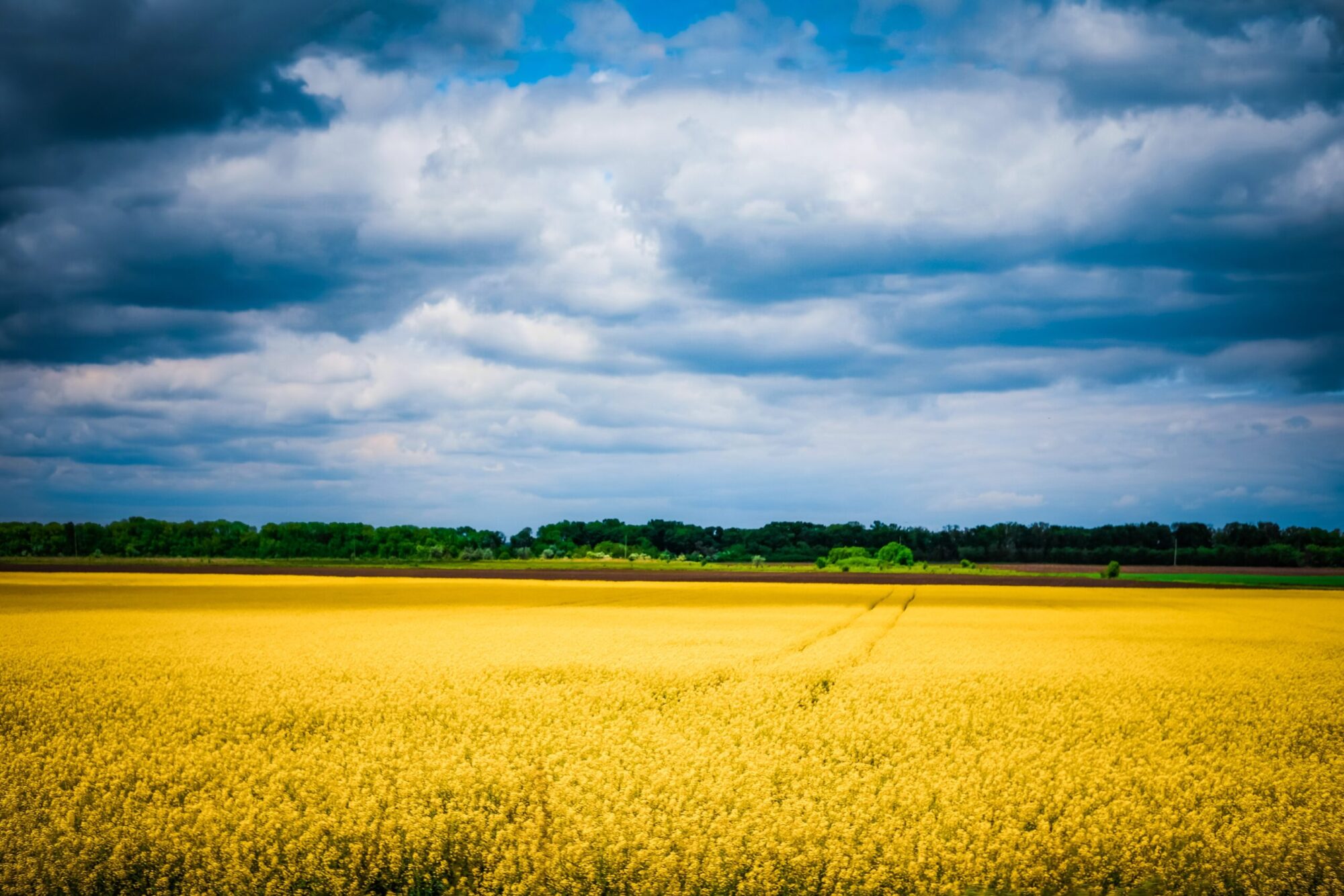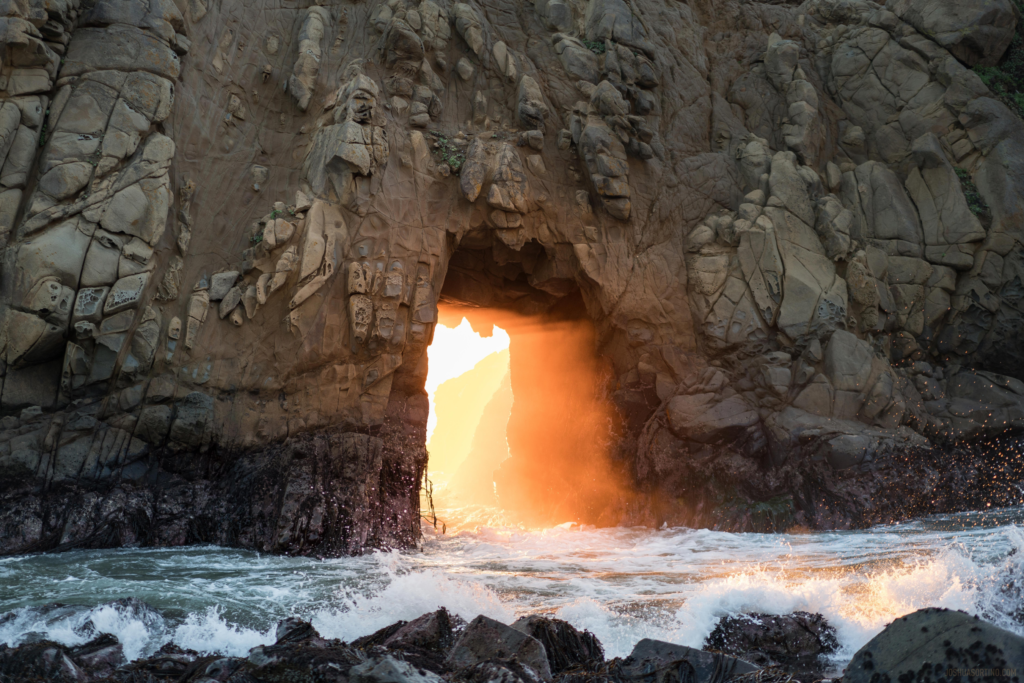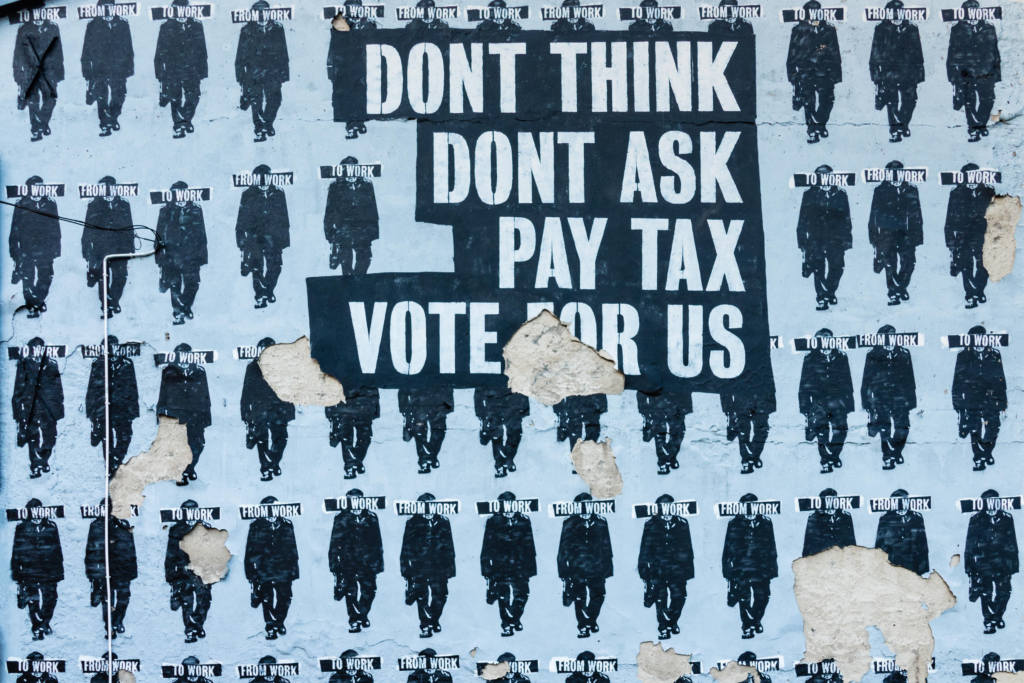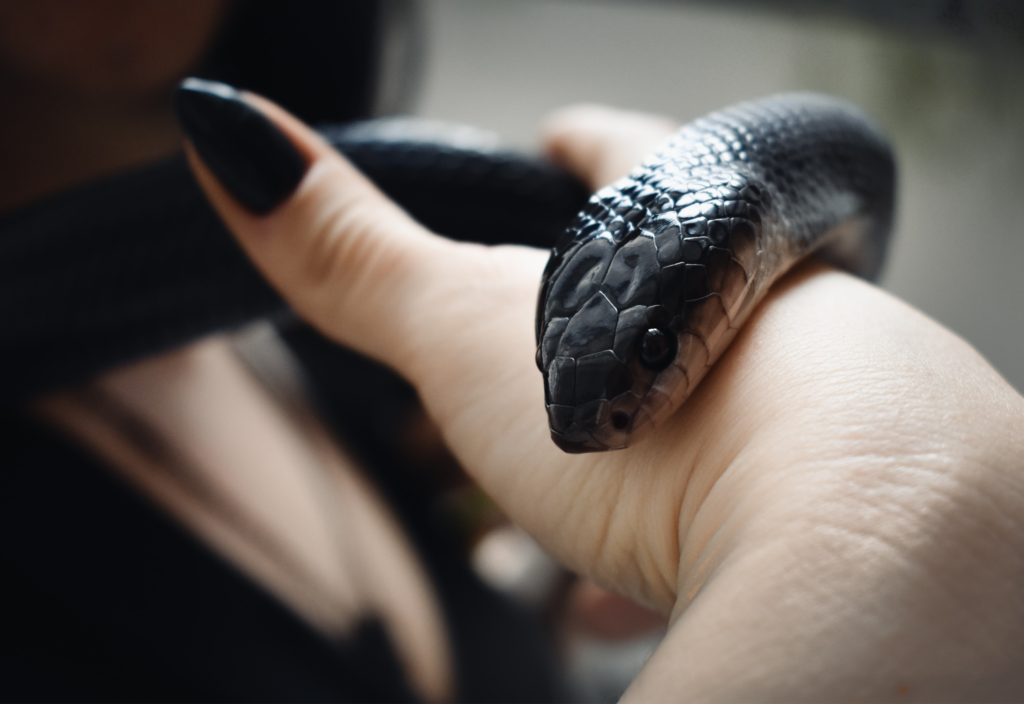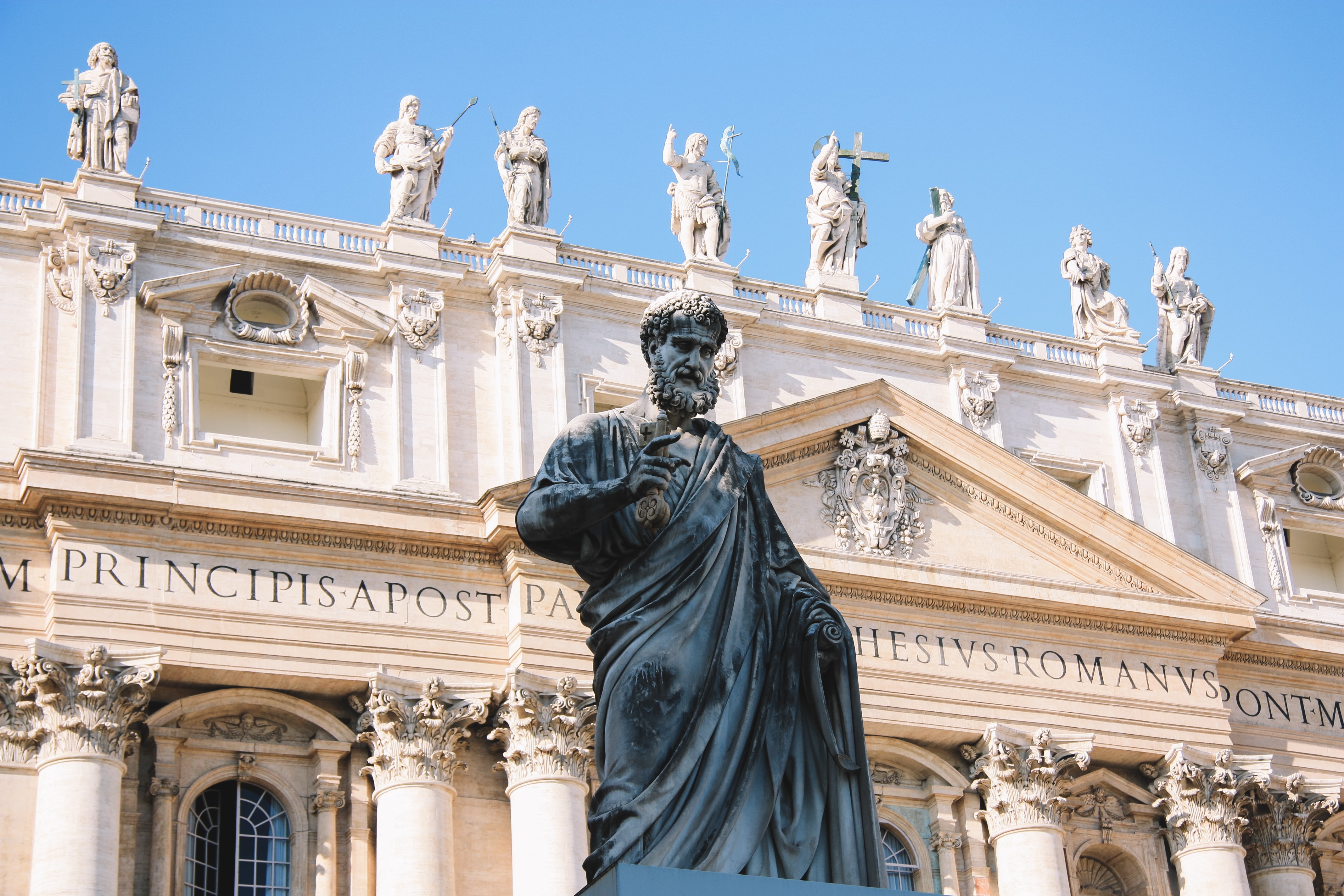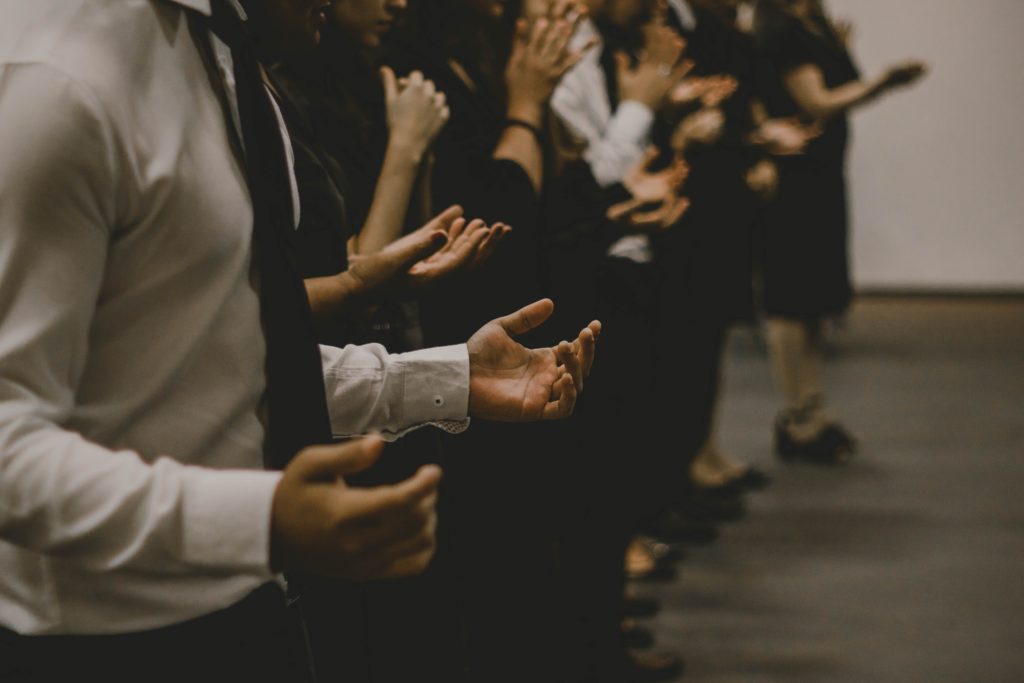
As we are rightfully focused on saving lives and on supporting the economy, we have given less attention to the degree to which certain cultural practices have been suppressed in response to the pandemic, no more famous American hugs or French bises, not even a handshake. Humans have a need to express fondness or simple acknowledgement with physical contact. In fact, many of God’s magnificent creatures display these tendencies. As such, I have no concern that these expressions will return once this challenging period is behind us. However, this is a good time to consider the ubiquity of these cultural norms, which seem to defy evolutionary assumptions, and what motivates them.
Once humans learned of the invisible killers, i.e. germs, one would have thought that we would have stopped engaging in these acts since we risk our health every time we engage in physical contact with others. They are not necessary forms of contact. So, why do we still do them? From an evolutionary perspective, one might reasonably argue that strengthening social bonds is also important to survival. However, one could simply use words or gestures to convey these sentiments, which would be more sanitary, instead of engaging physically.
To question more broadly, la politesse, as it is referred to in French, has considerable variation across cultures, but it is arguably uniformly unnecessary. We could simply state each desire as “I want this,” or “I want that.” One could take this line of questioning even further and ask: why we even use such superfluous words as “please” or “thank you?” Further yet, why bother to verbally greet each other, as Americans often forget to do during transactional exchanges in Europe? It is rather inefficient, and it changes nothing substantive about the statements or requests.
On the contrary, humans have developed a delicate art of social interaction that goes well beyond the rational or the necessary. These interactions reflect deeper needs, values and fundamental truths about us. We are physical, emotional and spiritual creatures capable of complex thoughts and emotions, and we express them in a myriad of ways. Our considerations extend beyond what each other might need physically, or even emotionally, for our own or each other’s survival.
Instead, when we engage with each other, it is not just to convey information or even to comfort but to connect on the full range of our beings. I argue that these aspects of our daily lives, which we do almost perfunctorily, recognize our humanity and our divinity. We are not just man and woman born to each other, another creature of God, but we belong to God, and, as such, the art of la politesse is actually the art of the recognition of our inherent divinity as children of God who are made in his image.
As an aside, please do take the pandemic seriously, if not for yourself, for others. Respect the social distancing and self-isolation rules or recommendations whether or not you agree with them and even though they feel and are unnatural. Also, I had a few masks on hand, and I have been using them when I do essential tasks, such as grocery shopping, which I try to group into a day’s activity. The air in most places is circulated unlike the outdoors. Lastly, there is no need to hoard. Stay safe; be considerate of others and respect their divinity. May the Lord bless you and keep you.
